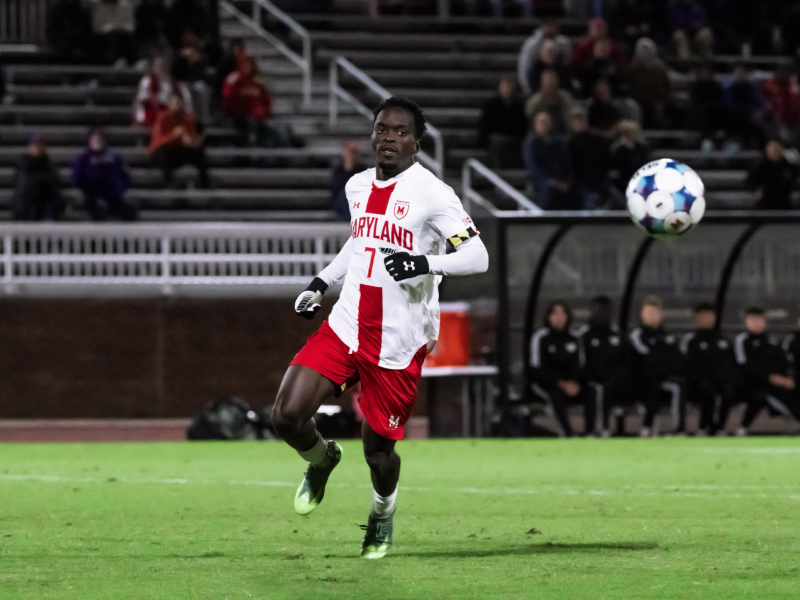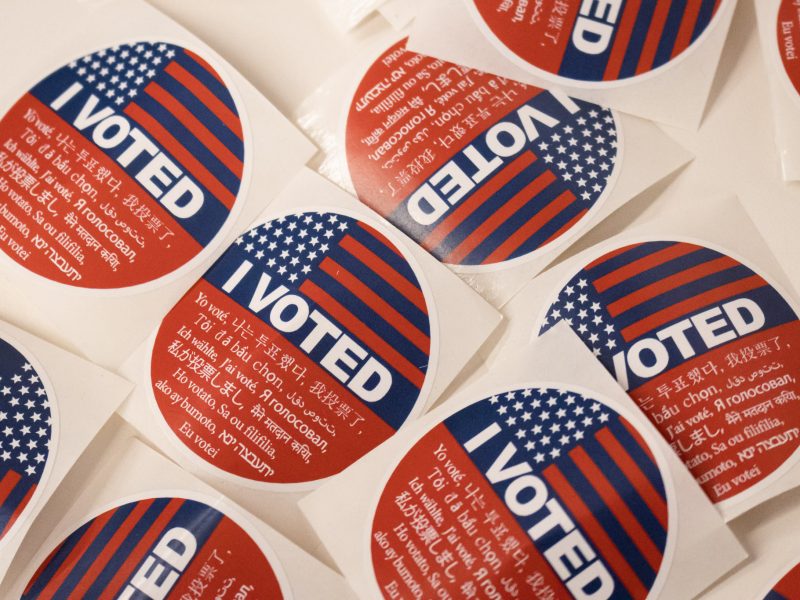
Senior history major
This coming Sunday marks the 33rd anniversary of the “Miracle on Ice,” the fabled ice hockey game between the U.S. and the USSR during the Winter Olympics in Lake Placid, N.Y.
It was a classic underdog story: A young American team composed mostly of college kids was not expected to win, let alone compete, against the veteran Soviet side.
But somehow the U.S. won. Captain Mike Eruzione scored with 10 minutes left in the game to give the U.S. a 4-3 lead, and they held off a furious Soviet rally to secure a trip to the gold medal game. Two days later, the American team completed their improbable run with a comeback victory against Finland to win the gold medal.
On that day, Feb. 24, 1980, a nation celebrated. My parents even got married out of sheer spontaneous joy. (I’m kidding about the spontaneous part, but their wedding ceremony took place during the game against Finland, which I guess explains all the radios I’ve seen in pictures.)
Of course, this game was about a lot more than hockey or a gold medal. Frankly, it was for global supremacy bragging rights. The Americans and Soviets had been going at each other for decades in a diplomatic tit-for-tat that involved significantly more serious weapons than hockey sticks. The win not only proved a team of scrappy college kids could defeat the industrial, machine-like Soviet athlete-soldier-robots, but it also signaled to many Americans the triumph of capitalism over communism, while validating their way of life.
As Americans living in the 21st century, we struggle to fully comprehend the patriotic feelings that enveloped our nation in the days and weeks following that game. Our nation has experienced its greatest bursts of nationalism when faced with a clearly defined and formidable threat.
In the late 18th and early 19th centuries, Americans took pride in their independence from Britain, and for parts of the 20th century, they demonized the Germans and Russians. To be American was to bear the torch of liberty, justice and individual rights (while, in many cases, not always honoring those ideals on our own shores) against the tyranny of monarchy, fascism and communism.
Today, threats to our national security are much less associated with individual countries, and therefore being an American and showing pride in this country is a different prospect than it used to be. I don’t think al-Qaeda is competing in the Olympics anytime soon, much less playing ice hockey. Nor can we rally around eliminating an anonymous cyberterrorist. For many, the most patriotic moments in our lives were encapsulated by 9/11: the tragic aftermath of the attacks and a celebration when its main perpetrator was finally brought to justice in May 2011.
Those nationalistic feelings were muted compared to the patriotic fervor during World War II or the “Miracle on Ice.” But they were real nonetheless. This week, remember the 1980 hockey team and their monumental victory. Sports may seem trivial at times, but for a few unbelievable moments, they can transcend games and signify something larger.
So get your vuvuzelas ready and cheer on our athletes sporting the stars and stripes — the FIFA World Cup is only a year away.
Neal Freyman is a senior history major. He can be reached at nfreyman3@gmail.com.



